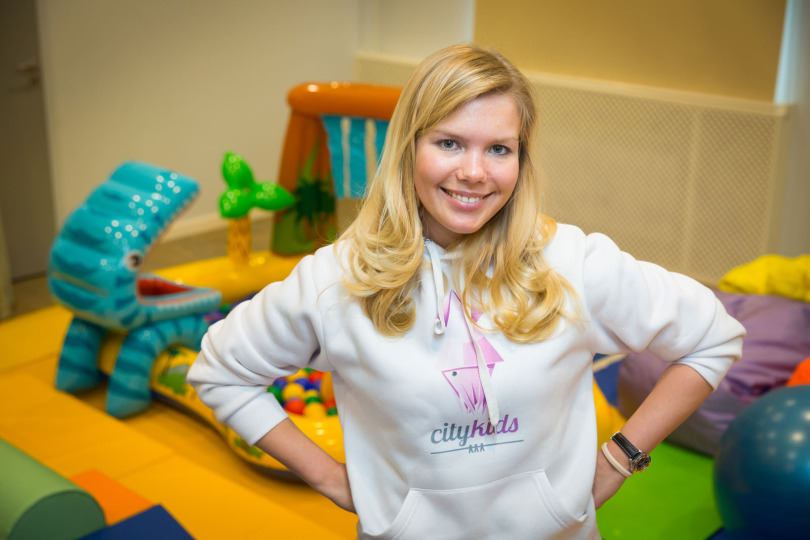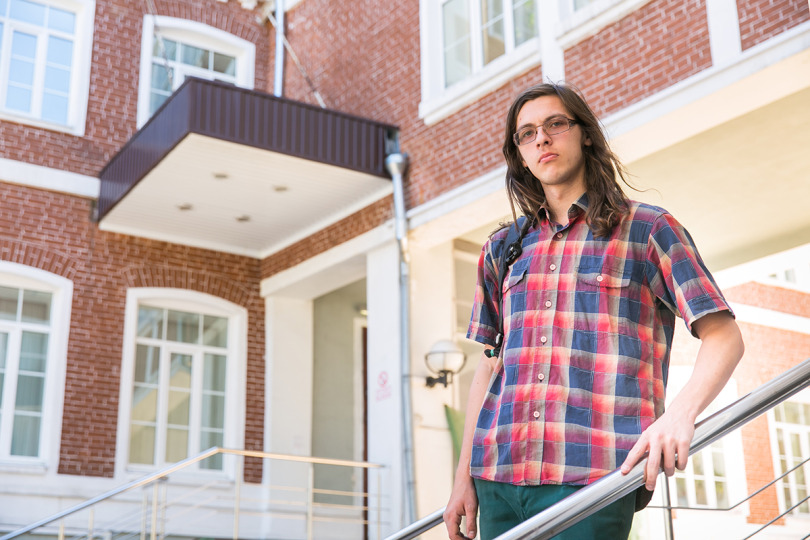June 8 Dance with Chewbacca and win a prize: Five reasons to go to HSE leaving ball, even if you’re not graduating
On June 20, HSE is holding its university-wide leaving ball. This is not just an event, but an uber-event with prizes to win, the opportunity to dance all night to a space mix and musical surprises. Graduating students, former and future graduates, and tutors are all welcome to attend. These are the five main reasons not to miss this.
Prepare for a Degree in Russian at HSE
HSE’s Preparatory Year at the Faculty of Pre-University Training equips students who have little or no knowledge of Russian language with the necessary skills to enter Russian-taught Bachelor’s and Master’s programmes. Students begin by studying Russian language and then go on to study specific subjects in Russian-taught classes. They receive conditional acceptance to HSE full-degree programmes.

'Having Your Own Business Is a Daily Source of Motivation'
Starting your own business is usually a good thing, but it’s very scary, especially for someone with an honours diploma and a promising future in finance. Ekaterina Frolova, an ICEF alumna and the founder of CitYkids, a chain of children's centres, tells Success Builder why she forewent a career as a bank clerk to work with children, how to provide young moms with leisure time, and what motivates happy people.
American Academic’s Library Opens in HSE
On Thursday 4th June the Richard Stites Memorial Library opened at HSE St Petersburg. Courtney Nemroff, USA Acting Consul General to St Petersburg was there for the grand opening ceremony.
Professor and Students from Utah Share Thoughts on Peace, Justice, Academic Cooperation and Much Else
On May 20, 2015, Dr Michael Minch, Professor of Philosophy at Utah Valley University, gave an open lecture at HSE Nizhny Novgorod.
‘All of You Carry the Name of the University’
On June 3, HSE Rector Yaroslav Kuzminov met in Berlin with university alumni living in Germany, as well as with students and postgraduate students who are currently continuing their studies at Humboldt University. During the meeting, they discussed the development of the Higher School of Economics, differences in approaches to the educational process at universities in Russia and Germany, and the prospect for transferring certain Western practices to the realities of Russia.
1,262
people attended open lectures by Carlo Ginzburg, a distinguished Italian academic and proponent of microhistory. Ginzburg recently arrived in Moscow at the invitation of the HSE Institute for Theoretical and Historical Studies in the Humanities.

‘Studying with Enthusiastic People Around is Fun’
In 2015 eight graduates from the HSE Faculty of Mathematics started PhD programmes at MIT, McGill, Caltech, Pennsylvania State University and other top universities. HSE 4th year student Dmitry Pirozhkov who has got a place at Columbia University talked to the HSE News Service about how to get onto a prestigious PhD programme and about his expectations and academic plans.

